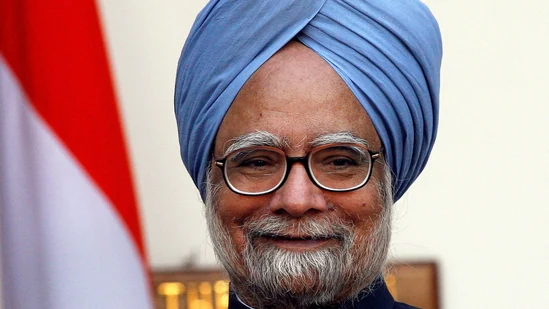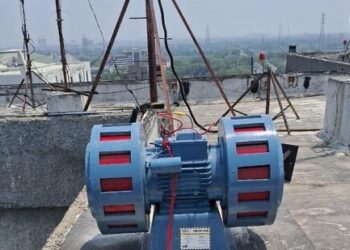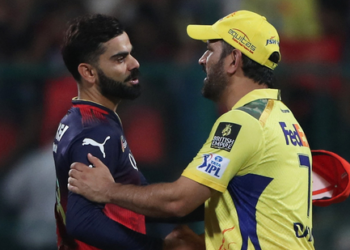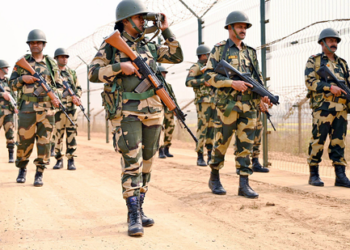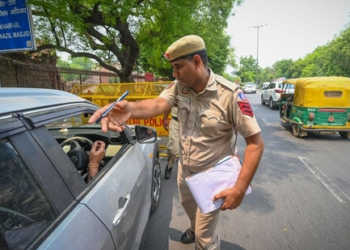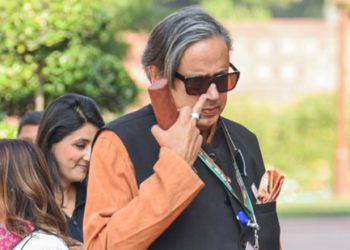Dr. Manmohan Singh, the former Prime Minister of India, passed away at the age of 92, leaving behind a legacy of significant contributions to the country’s economic and political landscape. Renowned as a globally celebrated economist, Singh played a pivotal role in the liberalization of India’s economy and skillfully navigated the country through the 2008 global economic meltdown. His remarkable journey as a leader is marked by both achievements and challenges.
In a notable statement reflecting his confidence in his legacy, Singh once declared, “History will be kinder to me than the media.” This comment encapsulated his belief that, in the long run, he would be judged more favorably than by contemporary media or his political peers. He made this remark during an interaction with Hindustan Times when he announced his plans to step down as Prime Minister following the General Elections of 2014.
Despite acknowledging the inadequacies of his government, Singh asserted that his administration had effectively managed a complex coalition for nearly a decade. He pointed out that under his leadership, the Indian economy achieved an impressive average growth rate of 7.6%. Singh’s candidness regarding his administration’s shortcomings, particularly in areas such as employment generation, inflation, and corruption, demonstrated his commitment to accountability.
Throughout his tenure, Dr. Singh remained a steadfast and disciplined member of the Congress party, beginning his political career in 1991 as Finance Minister. His first term as Prime Minister commenced in 2004, during which India experienced remarkable economic growth and strengthened its global relationships, particularly with Western nations.
However, his second term was marred by numerous controversies, including high-profile scams like the Coal scam and the 2G and 3G spectrum scandals, which tainted the later years of his administration. Despite these challenges, Singh’s faith in his legacy and the historical perspective on his contributions to India persisted. His belief that history would ultimately view his efforts favorably highlights the complex interplay between media representation and the long-term evaluation of political leaders.
As India reflects on the life and legacy of Dr. Manmohan Singh, his contributions to the nation’s economic reforms and his leadership during turbulent times remain significant chapters in the country’s history.


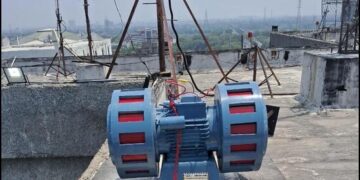

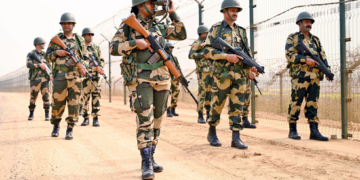
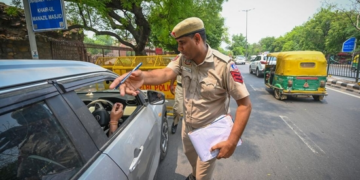

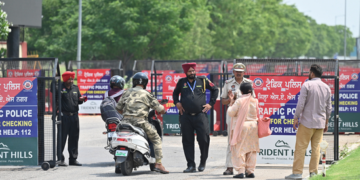
 India
India
